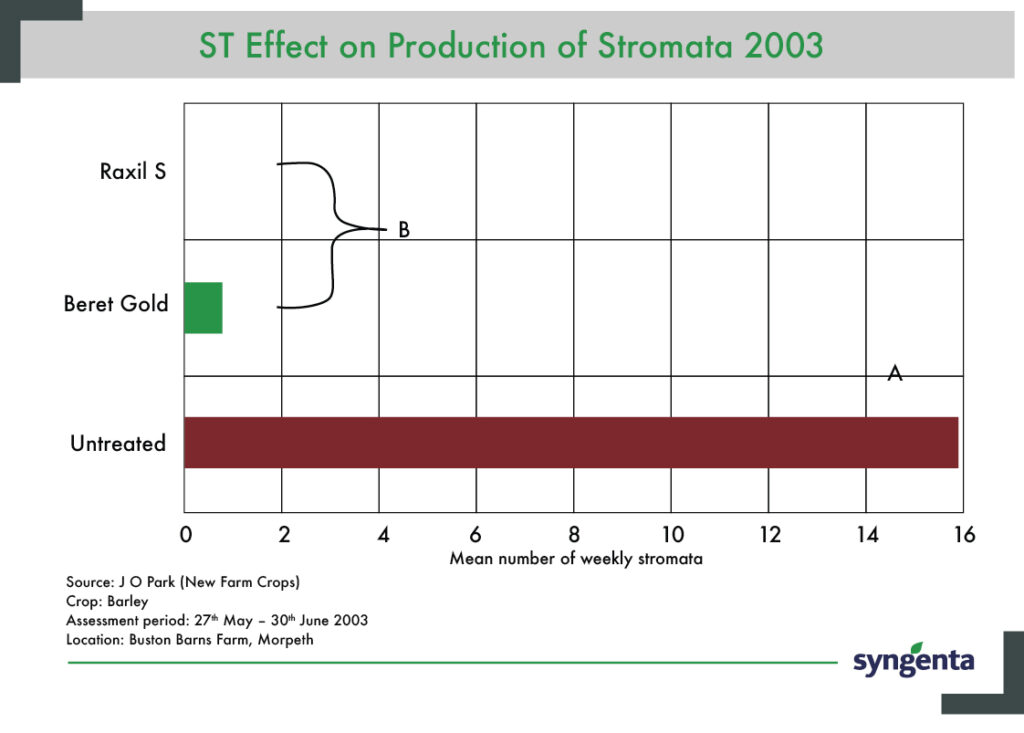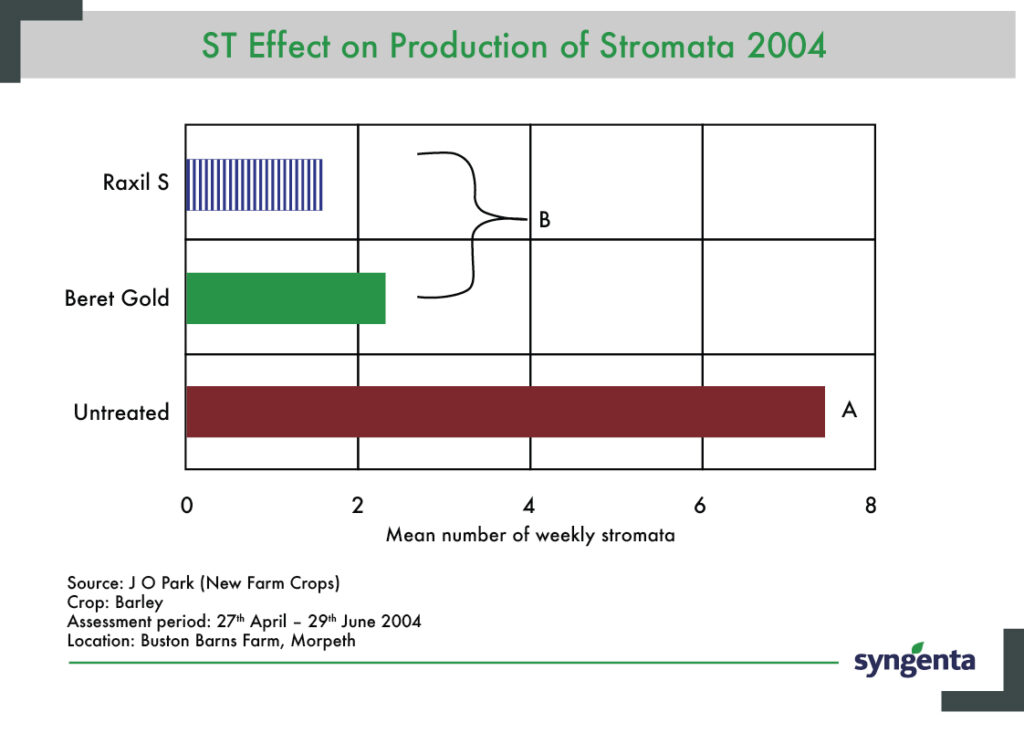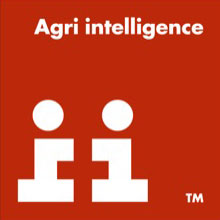- A preference for low- or no-tillage systems
- The prevalence of secondary hosts in crops, including black grass and flowering grasses in field margins
- The increasing area of rye for grain (rather than forage)
- Cool, dull, and wet weather during flowering
- The limited chemical control options
The toxic alkaloids in ergot pose a risk to human and animal health, so there is little or zero tolerance from either food or feed buyers. Growers face fall-back costs for removing ergot samples or, worse, complete crop rejection.
Certified seed offers some reassurance to reduce risk, as does applying a suitable seed treatment, but there is no guarantee that crops will not be affected.
There is no varietal resistance, and some crops are more at risk than others; for example, spring wheat is more at risk than winter wheat due to its more open flowering habit.
The Agrii Masterseed standard has a limit of one ergot piece in a 2kg sample for wheat, barley and oats and four pieces for hybrid barley and rye. This standard is higher than the legal limits followed by other seed merchants. It is, perhaps understandably, a source of frustration among growers that there is an allowance for ergot in seed, but not in grain.
Seed treatments reduce the germination of ergot particles in contaminated seed and help to reduce the spread of spores. Products offering activity against ergot typically feature fludioxonil like Beret Gold (fludioxonil) and Vibrance Duo (fludioxonil and sedaxane) or triazoles Redigo Pro (prothioconazole + tebuconazole) and Rancona iMix (ipconazole + imazalil).
Figures 1 and 2 show the results from Syngenta-funded trials in 2003 and 2004, respectively. Contaminated seed was treated, sown in the autumn and observed in the spring for the number of stromata (spore-bearing structures) produced per week.


The trial found that applying suitable seed treatment significantly reduced the occurrence of ergot in treated crops with Raxil Star (prothioconazole + tebuconazole + fluopyram) marginally outperforming Beret Gold.
Cultural measures are also effective at reducing the risk to the following crop. The ergot pieces have a relatively short life, remaining viable in the soil for just one season, so the sowing of a non-cereal crop, cultivating to a depth of at least 5cm, and good control of grassweeds will all reduce the amount of inoculum able to infect crops. Maintaining accurate records of where ergot has been most prevalent will also help assist in future rotational decisions.
The mobile colour sorters operated by Agrii offer the opportunity to remove ergot sclerotia from stored grain. Demand for this technology is often high, so processing is conducted over the autumn, winter, and spring periods. The number of machines equipped with this technology is limited, so the opportunity to use colour sorters to clean farm-saved seed is also limited.


